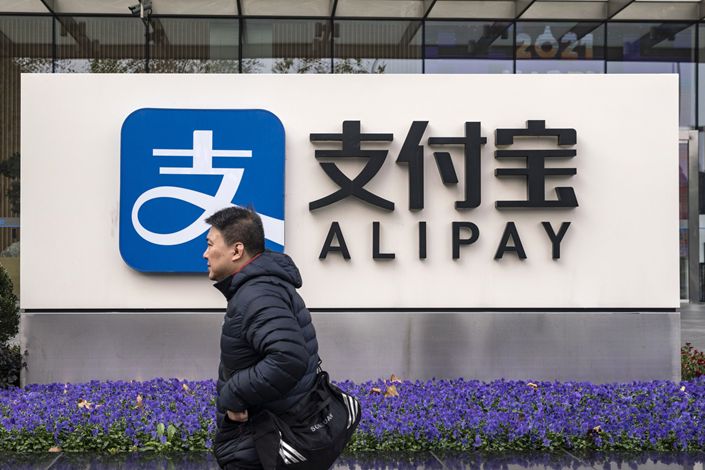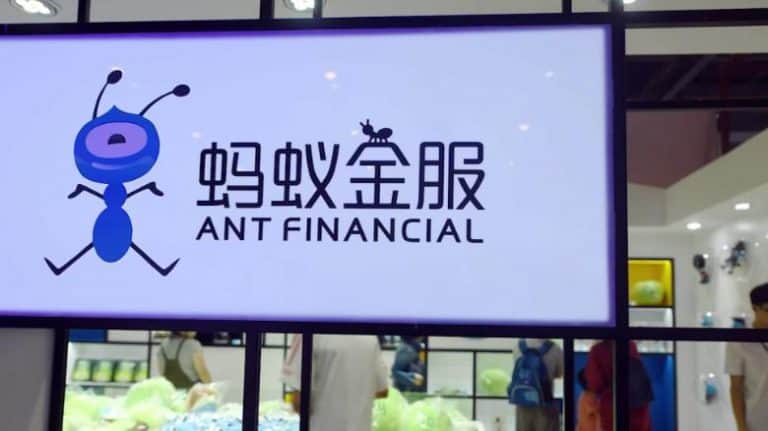

The key to defining a systemically important institution is the complexity of its relations with other parts of the financial system and its risk transfer, a regulatory source close to the central bank told Caixin. For instance, Ant Financial now runs the world’s largest money market fund, which manages nearly 2 trillion yuan of assets. In the first half of 2018, transactions made through mobile payment by third-party payment firms in the country rose 90% year-on-year to nearly 80 trillion yuan ($11.5 trillion), with the two together controlling more than 90% of the market, according to (link in Chinese) China-based data analysis firm Analysys.Īpart from rapid expansion in the payment sector, they’ve also extended their reach into other businesses such as wealth management. In contrast, each of the “Big Four” state-owned commercial lenders serves less than 600 million personal customers.Īlipay and Tenpay dominate China’s mobile payment market, making them de facto parts of financial infrastructure. WeChat Pay’s service exists as a built-in feature in WeChat. Ant Financial’s domestic annual active users have exceeded 700 million, while popular messaging app WeChat’s monthly active users have exceeded 1 billion, according to each company’s latest earnings reports. The former is an affiliate of Jack Ma’s e-commerce giant, Alibaba Group Holding Ltd., while the latter is the payment subsidiary of Pony Ma’s internet titan, Tencent Holdings Ltd.īoth are big. Based on the test results, watchdogs will impose additional requirements or take regulatory measures.īy judging their user bases and influence, Ant Financial and Tenpay have become nontraditional financial firms of systemic importance.

The coming new rules for systemically important financial institutions will create more stringent requirements on capital adequacy ratios, corporate governance and information disclosure, according to the People’s Bank of China’s latest financial stability report (link in Chinese) released in early November.įinancial regulators will share data and information associated with these firms, and regularly conduct risk assessments and stress tests on their overall operations or specific businesses, the report said. Ltd., the companies that run the Alipay and WeChat Pay payment services respectively, the sources said. The regulatory list will consist of more than 20 firms, possibly including Ant Financial Services Group and Tenpay Payment Technology Co. It’s not great news, however, for Alipay’s and WeChat Pay’s owners. The inclusion of the platforms’ respective operators on a list of systemically important financial institutions is good news for anyone with an interest in maintaining the stability of China’s financial system. That’s been great for business, but it has also now put them on the radar of financial regulators looking to create a list of the institutions so big and so connected that they could pose a threat to the country’s financial system, Caixin has learned from multiple sources close to the authorities.

Alipay and WeChat Pay, China’s two online-payment behemoths, have more users than any of the country’s biggest banks.


 0 kommentar(er)
0 kommentar(er)
